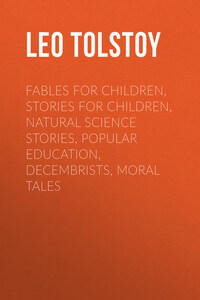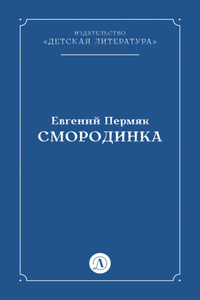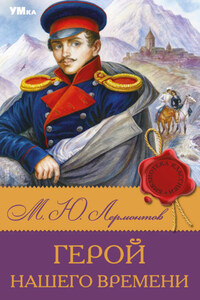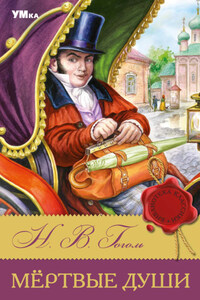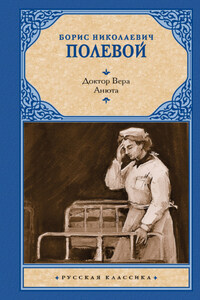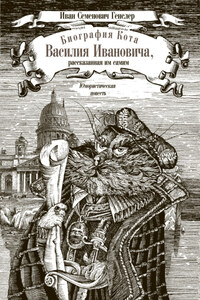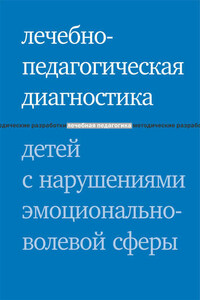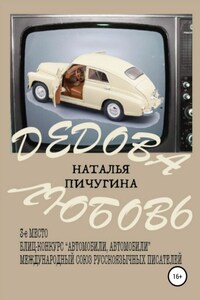After having passed the greater part of my life in the country, I came at length, in the year 1881, to reside in Moscow, where I was immediately struck with the extreme state of pauperism in that city. Though well acquainted with the privations of the poor in rural districts, I had not the faintest conception of their actual condition in towns.
In Moscow it is impossible to pass a street without meeting beggars of a peculiar kind, quite unlike those in the country, who go about there, as the saying is, “with a bag and the name of Christ.”
The Moscow beggars neither carry a bag nor ask for alms. In most cases when they meet you, they try to catch your eye, and then act according to the expression of your face.
I know of one such, a bankrupt gentleman. He is an old man who advances slowly, limping painfully with each leg. When he meets you, he limps, and makes a bow. If you stop, he takes off his cap, ornamented with a cockade, bows again, and begs. If you do not stop, he pretends to be only lame, and continues limping along.
That is a specimen of a genuine Moscow beggar, an experienced one.
At first I did not know why such mendicants did not ask openly; but afterwards I learned why, without understanding the reason.
One day I saw a policeman push a ragged peasant swollen with dropsy, into a cab. I asked what he had been doing, and the policeman replied, —
“Begging.”
“Is begging, then, forbidden?”
“So it seems,” he answered. As the man was being driven away, I took another cab, and followed. I wished to find out whether begging was really forbidden, and if so, why? I could not at all understand how it was possible to forbid one man asking something from another; and, moreover, I had my doubts whether it could be illegal in a city where it flourished to such an extent.
I entered the police-station where the pauper had been taken, and asked an official armed with sword and pistol, and seated at a table, what he had been arrested for.
The man looked up at me sharply, and said, “What business is that of yours?”
However, feeling the necessity of some explanation, he added, “The authorities order such fellows to be arrested, so I suppose it is necessary.”
I went away. The policeman who had brought the man was sitting in the window of the ante-room, studying his note-book. I said to him, —
“Is it really true that poor people are not allowed to ask for alms in Christ's name?”
The man started, as if waking up from a sleep, stared at me, then relapsed again into a state of stolid indifference, and, reseating himself on the window-sill, said, —
“The authorities require it, so you see it is necessary.”
As he became again absorbed in his note-book, I went down the steps towards my cab.
“Well! have they locked him up?” asked the cabman. He had evidently become interested in the matter.
“They have,” I answered. He shook his head.
“Is begging forbidden in Moscow, then?” I asked.
“I can't tell you,” he said.
“But how can a man be locked up,” I said, “for begging in the name of Christ?”
“Nowadays things have changed, and you see it is forbidden,” he answered.
Since then, I have often seen policemen taking paupers to the police-station and thence to the work-house. Indeed, I once met a whole crowd of these poor creatures, about thirty, escorted before and behind by policemen. I asked what they had been doing.
“Begging,” was the reply.
It appears that, according to law, begging is forbidden in Moscow, notwithstanding the great number of beggars one meets there in every street, notwithstanding the rows of them near the churches during service-time, and especially at funerals. But why are some caught and locked up, while others are let alone? This I have not been able to find out. Either there are lawful and unlawful beggars amongst them, or else there are so many that it is impossible to catch them all; or, perhaps, though some are taken up, others fill their places.
There is a great variety of such beggars in Moscow. There are those who live by begging. There are also entirely honest destitute people who have somehow chanced to reach Moscow and are really in extreme need.
Amongst the latter are men and women evidently from the country. I have often met these. Some of them, who had fallen ill and afterwards recovered and left the hospital, could now find no means, either of feeding themselves, or of getting away from Moscow; some of them, besides, had taken to drink (this was probably the case with the man with dropsy whom I met); some were in good health, but had been burned out of house and home, or else were very old, or were widowed or deserted women with children; and some others had sound health, and were quite capable of working.
These robust people especially interested me, – the more so, because, since my arrival in Moscow, I had contracted the habit of going to the Sparrow Hills for the sake of exercise, and working there with two peasants who sawed wood. These men were exactly like the beggars whom I often met in the streets. One, called Peter, was an ex-soldier from Kaluga; the other, Simon, was from Vladímir. They possessed nothing save the clothes on their backs: and they earned, by working very hard, from forty to forty-five kopeks (8d. to 9d.) a day; out of this they both put a little aside, – the Kaluga soldier, to buy a fur coat; the Vladímir peasant, to get money enough to return to his home in the country.



